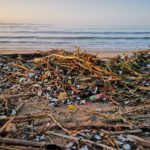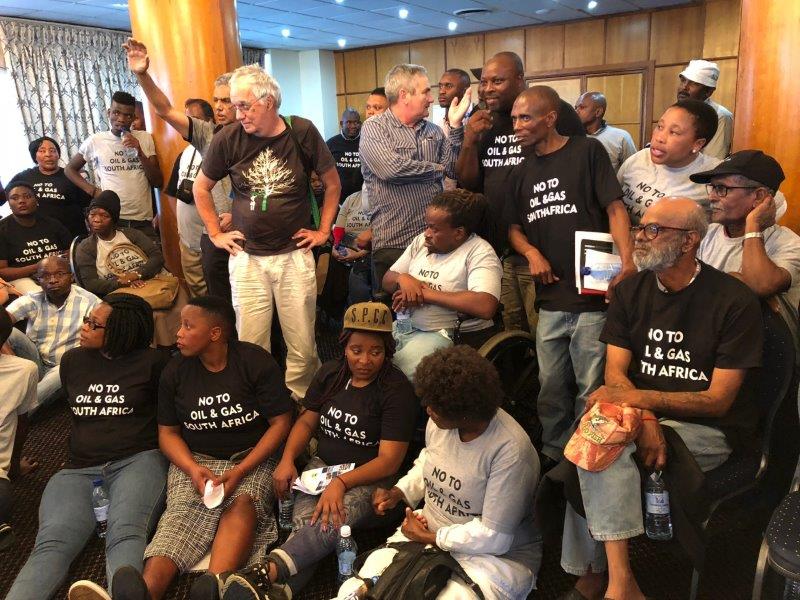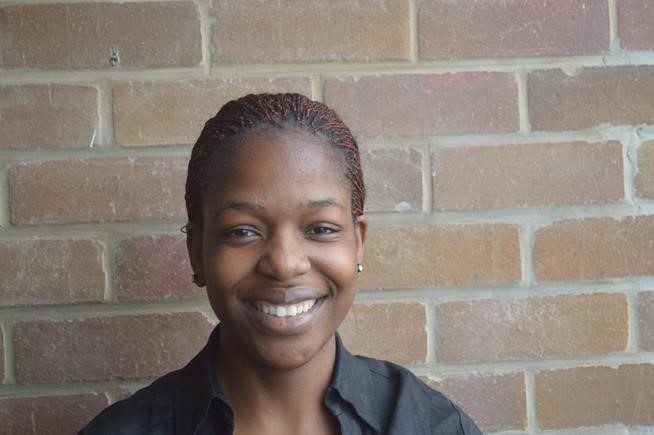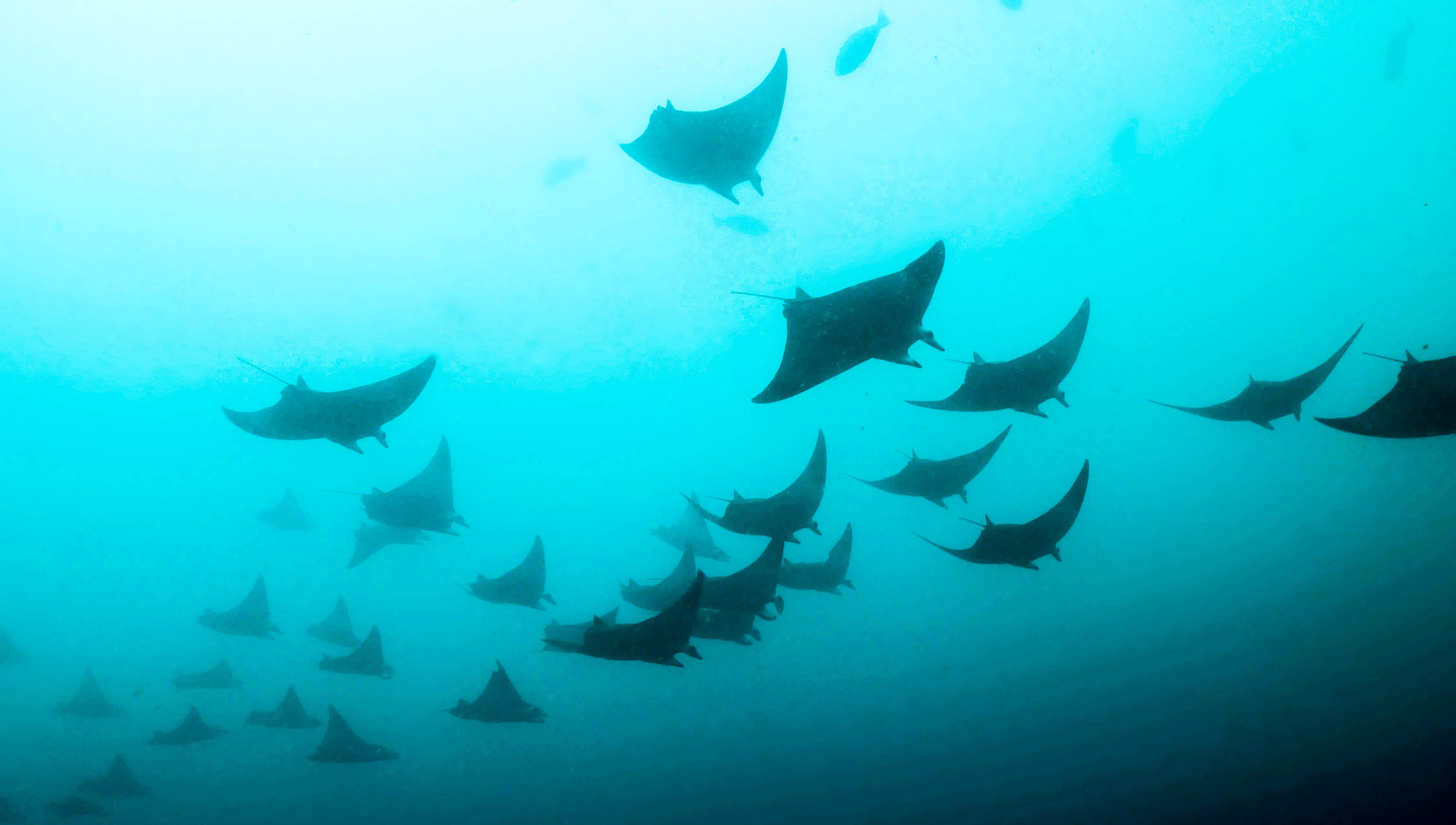Providing the tools and training to write well-researched articles on what could be one of the biggest stories of our lives.
>> Click here to apply.
Beautiful coastlines are under threat. Estuaries no longer open naturally to the sea. Sand mining scars our Wild Coast. To the north the future of coral reefs is uncertain. The spectre of oil exploration looms large. And yet we depend on the sea for so much. A living shoreline, with sea grasses, mangroves and coastal wetlands is one of the best defences we have against climate change. It’s never been more important for accurate and reliable reporting on our coast and the people who live on it.
The floods and a deluge of data
Sometimes we can’t see the wood for the trees. When disaster strikes we are caught up in the drama, overwhelmed by a flood of information. We struggle to make sense of it all. Do we understand clearly the role climate change plays and where bad town planning and other man-made follies muddy the waters? And what (if anything) are communities and local governments doing to meet the crisis?
That’s why the Henry Nxumalo Foundation, the Daily Maverick and other publishing partners are supporting the development of Roving Reporters’ Ocean Watch investigations hub – a virtual newsroom that brings together young writers, marine scientists, ocean conservationists and researchers.
Opening course
Our first online training course, At the frontlines of climate change, commences late July with reporting teams doing fieldwork and research into various topics, including efforts to build resilience to climate change in coastal communities and lessons learned from the recent KwaZulu-Natal flood catastrophe.
We’ll give you the tools and training to write stories for the popular media on what may be one of the biggest story in our lifetime. And we’ll help get your work published.
While previous journalism experience is not essential, candidates should have good writing skills. Seasoned writers and environmental experts will help the trainee writers produce a series of high-quality, factual and engaging stories that reveal the impact of climate change on coastal communities, while exploring possible solutions to mitigate and respond to these impacts.
The course fee for candidates representing environmental organisations is R10,000 per candidate. Freelance writers can apply for a discounted rate.
In addition to working on story projects, candidates will be expected to put in up to three to four hours a week on course activities on the agency’s Ocean Watch investigations hub, the story craft teaching modules, and reviewing and discussing the reporting teams’ assignments.
Expert presenters
Our panel of expert presenters will help build climate change knowledge.
Story craft teaching
Roving Reporters story craft teaching will empower the trainee writers to report authoritatively and engagingly about critical climate impacts on East Africa’s coastline.
Publication outcomes
Each reporting team will produce Q&As with key story sources as the first steps toward producing a series of stories, including profiles of coastal resilience experts and in-depth narrative on efforts to build coastal resilience.
Background
This latest project is an offshoot of Roving Reporters’ 2021 biodiversity reporting project. Supported by the Earth Journalism Network, we mentored 17 young writers who collectively produced 21 stories covering a wide range of topics related to the loss of biodiversity – on land and in the oceans – and the need to balance human needs with environmental integrity. More recently, we ran the journalism training component of the Khetha Journalism Project focused on the illegal wildlife trade in the greater Kruger area. Our mentorship resulted in good published outcomes, including this latest collaborative feature story on the vexing vulture brain trade. Recently published as a double-page spread in the Daily Maverick’s print edition, and also in Kruger 2 Canyon, the article is good example of the quality of stories arising from our training projects and was also the subject of a Cape Talk show hosted by Alexis Burg.
History
Since 2011, Roving Reporters has mentored more than 50 young journalists and environmental writers, mostly in feature writing and investigative journalism. Our training model helps candidates write stories that are anchored in credible evidence and to share these stories on media platforms that they would normally struggle to access. We have an excellent track record in guiding the work of first-time writers through to publication in diverse media. Over the past three years, the Daily Maverick has been our key publishing partner. Audience reach averages at 45,000 readers per published story.
Should you require further information, please contact newsdesk@rovingreporters.co.za, cc fredk@rovingreporters.co.za













